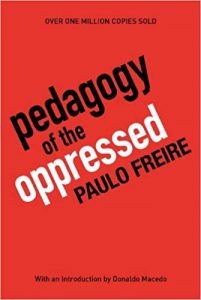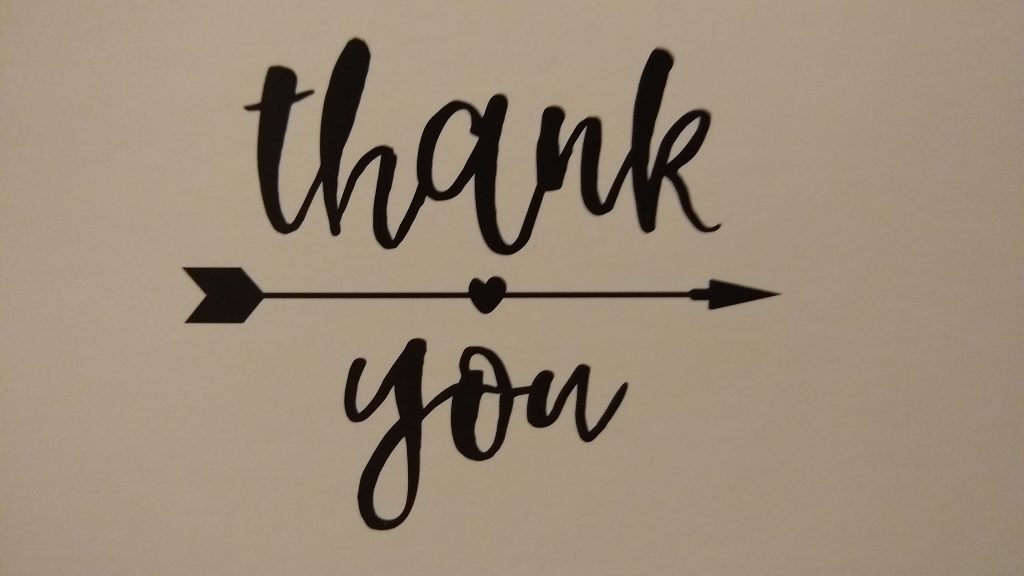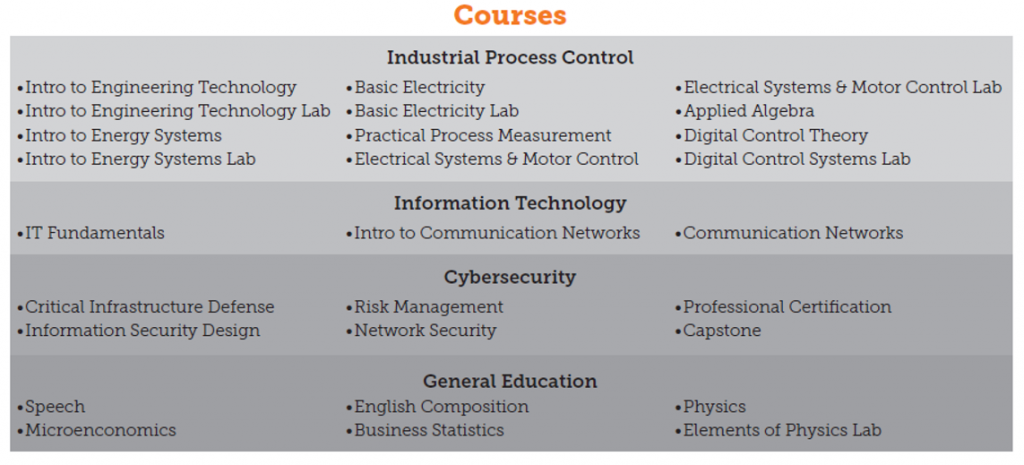I’m about halfway through “Pedagogy of the Oppressed” by Paolo Freire. It’s not a light book.
I picked it up as I was looking for thoughtful content on education. The book fit in well with the course I took on education evaluation (see previous post).
 So far, I think I agree with several principal points:
So far, I think I agree with several principal points:
- What Freire described as conscientization seems the most important learning that a human being can have. To me, this means increasing one’s awareness of how things really work, and one’s relationship to the world, in order to make the world a better place.
- I agree that it is not enough to merely understand our world, we must dedicate ourselves to its progress, or our lives are without meaning.
- We cannot ignore the nakedness and hunger and misery of the human creatures on this planet without consenting thereto.
Freire harshly criticizes what he calls the prevailing banking model of education wherein instructors anesthetize student minds prior to depositing their own rote concepts, which they expect the students to vomit forth on command.
The criticism reverberated within me. I felt like I had experienced banking model instructors. I do not want to be among them.
I want students to have their own insights — insights which surpass mine. It’s not that they don’t need structure or guidance. It’s that they need to be and feel firmly in control of their journey of discovery — their journey to become.
To me, the glory of education lies not in the intellect of the instructor, but in the potential of the pupil.
Of course, I recognize that feeling these feelings and typing these words is the easy part. I have to align interaction with my loved ones, with my students, with my colleagues, and with the world around me to achieve lofty ambitions by careful and considerate daily effort.
I decided that on the first day of 3383 Secure Systems Design, I will require the students to write a 5 minute essay on “why cybersecurity matters”. Then we will have a robust discussion wherein I take the opposing side of the debate: “Cybersecurity does not matter”. And, I have plenty of great criticisms, and some serious doubts!
My hope is that in their very first interaction with me, they will see that it is okay to think outside the box, and that I want their reasoning to seriously consider alternate perspectives.


